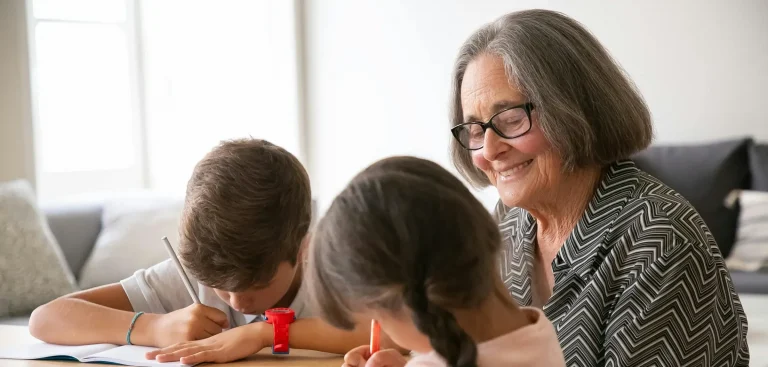Most infants and young children love to be held and cuddled. This helps them form close bonds with their parents and other caregivers.
But children with autism may resist being touched. And they may often seem remote and withdrawn. Some may never learn to talk. Although there is no cure for autism, many children with the disorder can be greatly helped.
What is autism?
Autism is not a mental illness. Autism spectrum disorder (ASD) is a range of disorders in which a child’s brain doesn’t develop normally. Autism or autistic disorder is the most severe form of ASD. Symptoms often appear before age 3 and persist throughout the child’s lifetime. These symptoms can vary widely and may be mild or severe. Most people with autism have trouble talking and relating to others. They often seem to be in a world of their own. Some children with the disorder may not respond to smiles or eye contact. They also may repeat certain actions over and over. They may follow rigid routines or be obsessed with parts of objects. A few may even try to harm themselves or others.
Who does it affect?
Boys are 4 times more likely to have autism than girls. Autism crosses all ethnic and social lines. Any child can develop this disorder.
What causes it?
Parents of children with autism often blame themselves, but autism is no one’s fault. Certain genes may affect the way your child’s brain develops. Other factors, such as viruses or chemicals, may also play a role.
What can help?
Early help is crucial for children with autism because children learn best when they’re very young. Special therapists can help your child learn social and language skills. School programs can be tailored to your child’s needs. As your child matures, many caring professionals can help. Talking to your health care provider is a good place to start.









